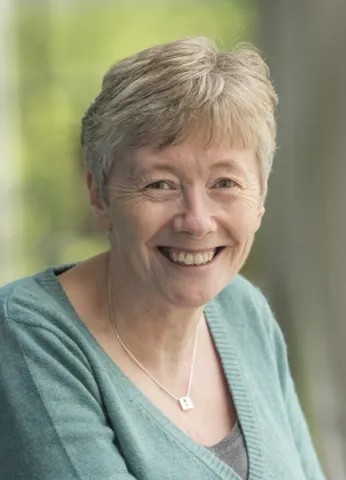Project overview
This study was carried out at a time of intense government interest in young children: investing in them, intervening early in the lives of those experiencing difficulties in learning, placing them at the centre of provision that is coordinated for them and enabling parental choice. The main aim was to explore how young children with learning disabilities cope with moving between the three different communicative and social environments of home, special early childhood setting and mainstream/inclusive early childhood setting. An ethnographic case study approach was adopted to collect the kind of in-depth data that would add significantly to existing knowledge of the experiences of young children with special educational needs who attend more than one early education setting. Data collection methods included: video observations; field visits applying indicators of inclusion and quality to understand and depict each early years setting; semi-structured and informal interviews; adult participant consultation; field and diary notes. Data analysis was structured around qualitative, iterative and inductive interpretation of video data supported by interview transcripts, field and diary notes and analysis of inclusion indicators. The study found a number of settings in various states of 'in-between-ness' from segregation, integration and inclusion reflecting changing local policies. The three children studied did cope with moving between three settings, indicating that children with learning disabilities can manage combining settings, even without optimal communication between those settings. However, to enhance coherence in the provision, there needs to be a central driver for shared communication, bringing also shared strategies and constructions of children.
This worked well where parents were able to enter settings to chat with staff who they knew at pick-up and drop-off times, particularly when this was supported by professionals also communicating directly. The settings in this study offered different levels of structure, frequencies and modes of interaction, expectations and activities.
The implication is that personalised plans of provision that combine settings can usefully offer different benefits but this is not automatic. Opportunities for staff in early years settings to observe (live or via video) the child in their optimal communication environment would help them to build on and complement this and to develop their responses based on their construction of the child as a competent communicator.
This worked well where parents were able to enter settings to chat with staff who they knew at pick-up and drop-off times, particularly when this was supported by professionals also communicating directly. The settings in this study offered different levels of structure, frequencies and modes of interaction, expectations and activities.
The implication is that personalised plans of provision that combine settings can usefully offer different benefits but this is not automatic. Opportunities for staff in early years settings to observe (live or via video) the child in their optimal communication environment would help them to build on and complement this and to develop their responses based on their construction of the child as a competent communicator.
